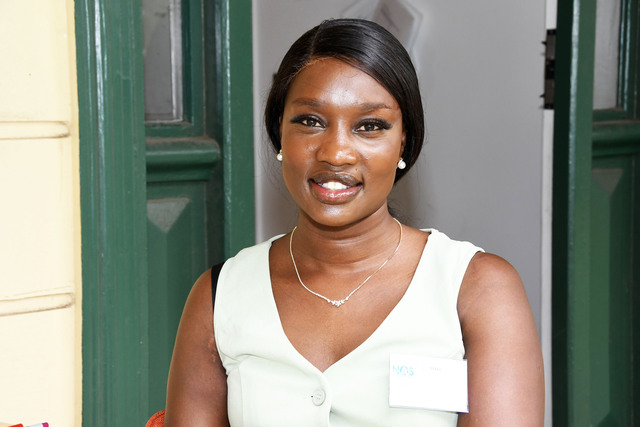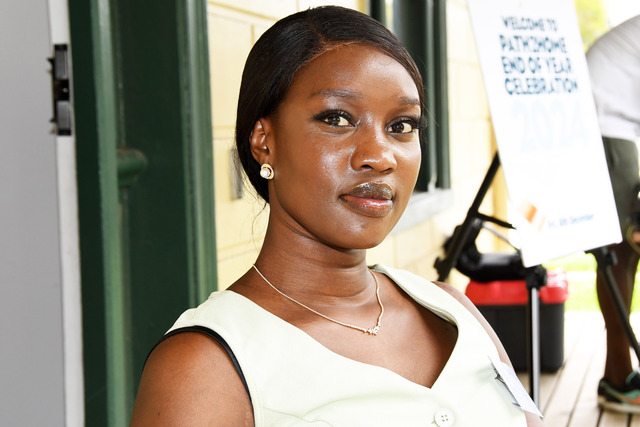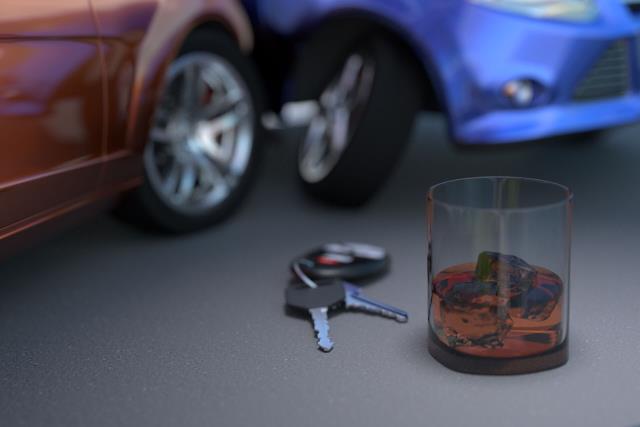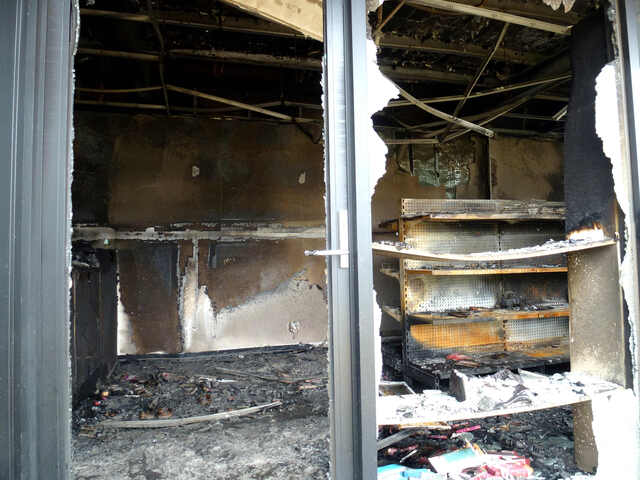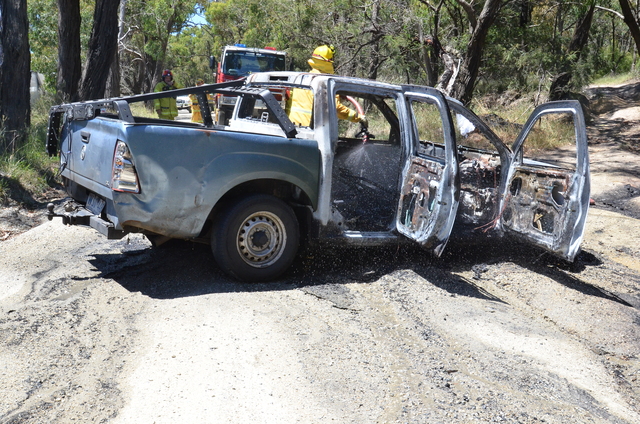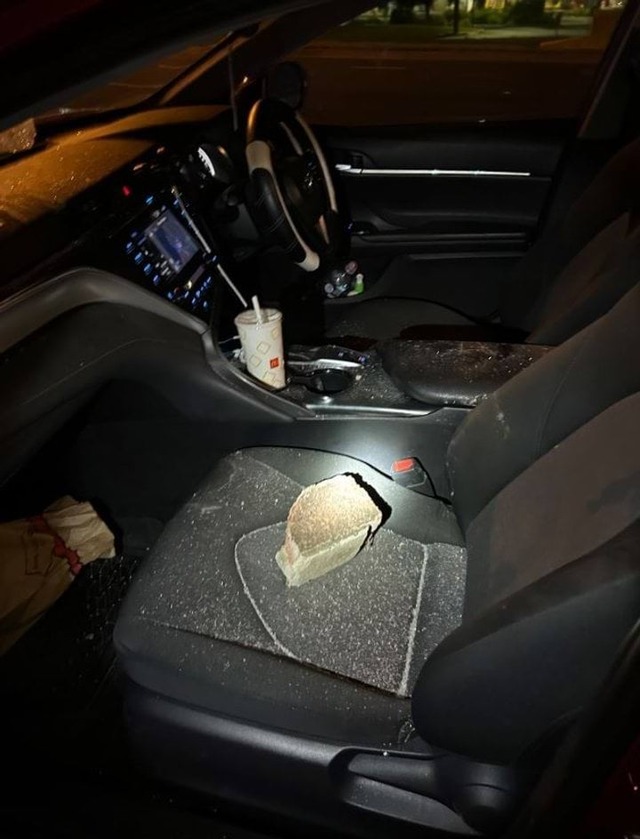PRECEDE: From the depths of unimaginable pain to triumph, Rose Deng has emerged as a beacon of hope and resilience. Through her work in Cardinia Shire and City of Casey, she is breaking barriers and empowering her African community to access the support they deserve, reports Gazette journalist Afraa Kori.
BREAKOUT QUOTE: “I honestly consider my story as a testament of how one can overcome so many adversities but still use that to help others.”
Rose’s family escaped South Sudan’s civil war and settled in Ethiopia for safety in refugee camps.
In 2000, when she was 6 years old, they migrated to Australia, hoping for a better future.
“We basically lived in survival mode, until we arrived in Australia. We encountered the challenges of poor living conditions sometimes not having access to food and water,” she said.
However, her childhood and adolescent years in Australia were marked by further adversities.
This included intergenerational trauma, family violence leading to brief involvement with child protection, frequent relocations due to domestic violence and a dysfunctional family.
As well as facing sexual exploitation and assault, abusive relationships, identity struggles, racism and discrimination, and the loss of loved ones to suicide, violence, and substance abuse.
In 2014, two years after having her first child, Rose was diagnosed with depression. She felt deeply ashamed to share her diagnosis with anyone, as mental health is often seen as a sign of weakness in her culture, and she feared being perceived as someone unable to handle her own problems within the community.
Her mental health worsened despite her efforts to manage it alone, leading to problematic binge drinking as a way to cope and mask her stress, which negatively impacted her relationships and overall quality of life.
In 2022, the father of her firstborn passed away, triggering profound grief. It was during this time that Rose found the courage to seek help and began her first counselling sessions.
Her first counselling session was a bad experience because the counsellor focused more on her strengths, resilience, and capacity to still show up in her work role, for her children, and in her studies, neglecting her experiences of adversities and grief that she had initially sought support for.
As a result, Rose disengaged immediately after the first session, feeling disappointed with her initial encounter, and believes these first experiences may discourage others from returning for help.
However, she gave counselling another try, this time through her educational institution, Chisholm. She met a counsellor who showed genuine compassion and understanding, and it was worth it despite having fewer than 10 sessions, as the counsellor was able to respond appropriately to her needs before focusing on her strengths.
“I felt very nervous considering my first counselling experience, but I was optimistic that it could be different, and it was worth it, for the first time my mental health issues were validated and provided strategies to cope and improve my mental and physical wellbeing,” Rose said.
After this, she realised the benefits of accessing these services and the need to bridge the gap with the barriers to accessing these services.
Rose pursued a Diploma in Youth Work in 2014 and is currently in her final year of studying a Bachelors in Community Mental Health and AOD. She aims to further expand her knowledge and skills in the sector to apply them in her work, particularly to support her South Sudanese community.
In 2021, she launched a social platform (Check-In-With-Rose) to normalise having discussions around mental health issues to promote awareness.
Now, she is a qualified youth worker with over 5 years of experience in various roles, including Housing, Disability, Residential, and Outreach Services, supporting young people with complex mental health and AOD challenges to foster resilience and navigate positive pathways.
Rose has recently been appointed to a role with her current employer, YSAS, and is eager to continue volunteering with NAS to support African communities and other culturally marginalized groups.
She is deeply concerned about the increase in South Sudanese youth engaging in crime, as well as premature deaths within the community, often linked to violence, suicide, and mental health or AOD issues. As an employee with YSAS at a youth rehabilitation service, she has noted that over the past 16 months, there have been only two male admissions from this demographic, highlighting a lack of engagement with and access to AOD services.
Rose is calling on the government and policymakers to allocate more funding towards African community-focused services and programs such as NAS Recovery Centre, NextGen Unite, and African Youth Initiative.
She also urges health practitioners and service providers to work collectively and in solidarity to deliver holistic support interventions for mental health and AOD treatment for youth and families.
“I would encourage that they invest in training and educating staff around the stressors associated with pre-migration for Sudanese/South Sudanese youth and families, in which will promote an awareness and assist with building culturally component and sensitive staff.”
“Being told to just “be strong” or “that’s life” in most cases signifies to just deal with the situation, but when we are trauma-informed, we can be sensitive, see mental health holistically, and provide the appropriate response, tools and resources to support people our South Sudanese community.”
“Also, to remove the stereotypes and biases portrayed by the media, by focusing on the positive engagement and contribution of this communities to empower youth and families.”
Rose emphasises that healing requires a collective effort between youth, parents and elders, with dialogue and understanding bridging cultural gaps for future generations
“I would suggest having a professional mediator present, creating safe and non-judgmental spaces or environments where youth/ and parents/elders can engage in open discussions around mental health/AOD to promote education, learning, healing and mutual understanding between the two generations.”
“It would benefit a balance with youth having their own dialogue to share common experiences, along with parent/elders, to promote a sense of belonging and connection, and collectively coming together to tackle the barriers of conflicting perspectives whilst validating everyone’s experience, and recognising that both generations have encountered unaddressed trauma, so working together in solidarity is essential.”
For Rose, healing is a collective approach and cannot be attained alone.
“I honestly consider my story as a testament of how one can overcome so many adversities but still use that to help others.“
“The core of my healing and growth is based on my faith with God and I lean on my spirituality for strength, guidance, and healing.“
“I have had the opportunity to have close supportive friends that have provided emotional support and comfort during difficult times, and my children are my pillar and motivation, as well as my mother who has stood by me and cheered me on in every season of my life. I have had amazing lecturers, work and student colleagues who have shown me unwavering support.”
Lifeline’s 13 11 14 crisis support service is available 24/7. Anyone can speak to a trained Crisis Supporter over the phone, any time of the day or night.

